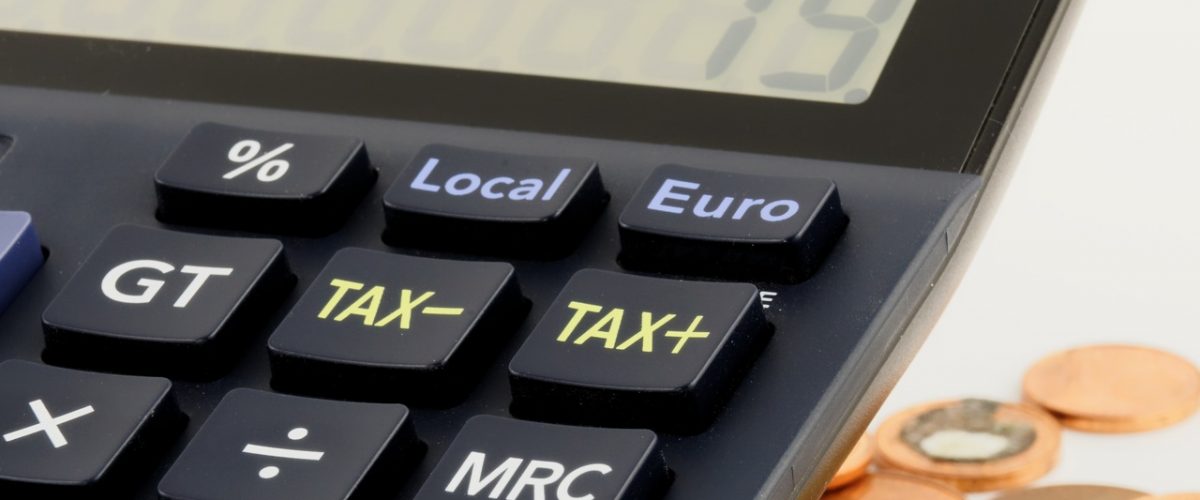COVID-19 has had a dramatic impact on business and industrial landscapes, both locally and abroad. One such sector that has had to adapt quickly is the automotive industry.
Mark Dommisse, the chairperson of the National Automobile Dealers’ Association (NADA), says the Association is very proud of the way in which most of its members have managed their businesses during the pandemic.
“What the industry needs now is a significant financial stimulus package from the government which will allow the industry to accelerate its recovery processes. The most effective way to increase sales will be to make new vehicles more affordable by reducing the huge portion of the purchase price that goes to the government in various forms of taxation,” he continued.
Tax on the purchase price of a R450 000 vehicle currently sits at 42% (R189 000)
“These taxes make up only a part of the massive tax burden that motorists and transport operators have to ultimately bear, which includes for example the highly taxed fuel levy, annual license fees, controversial toll fees, and a tyre levy,” added Dommisse.
As an example, tax on the purchase price of a vehicle costing R450 000 currently sits at 42% (R189 000). This percentage is made up mainly of customs duties and an ad valorem duty on a sliding scale, in excess of 30% for vehicles costing more than R1-million.
Add in the CO2 tax, increased during lockdown last year, that does not necessarily go to financing environmental projects. In addition, there is VAT, which currently sits at 15%, as well as an additional tax accounting to a portion of unrebated import duty. Most OEMs still pay tax on imported vehicles as they do not have sufficient Production Rebate Credit Certificates to rebate the full import duty of 25%.
naamsa has requested the government to cut taxes, by removing the carbon tax on exhaust emissions
All these taxes are cumulative, and this is why the average tax on a premium vehicle reaches 42%. All these taxes go straight to the fiscus.
“We are therefore very pleased that naamsa has taken a strong stance on the subject of taxation and has requested the government to cut taxes, by removing the carbon tax on exhaust emissions and reducing the ad valorem duty, which is a value-based tax on items considered a luxury in South Africa. This has the potential to reduce the 42% cumulative tax amount to between 35 and 38%. Most vehicles should certainly not be termed luxury items in a country with an unreliable and inconvenient public transport system,” commented Dommisse.
Heavily taxed fuel is another burden vehicle users have to bear
A presentation made by naamsa, (National Association of Automobile Manufacturers of South Africa) last year to the government showed that making vehicles more affordable could boost new sales by about 28 000 units. The presentation also showed that the reduction in ad valorem tax would have a neutral impact on taxes as the tax on increased sales would offset the lower rate of tax per vehicle. The tax shortfall on new vehicles amounts to about R1.2-billion per month based on 12 000 fewer cars being sold each month currently.
“Heavily taxed fuel is another burden vehicle users have to bear. It is the biggest single cost factor for most transport operators and improving the quality of fuel to suit the latest low emission engines seems to have been put on the backburner,” continued Dommisse.

Taxes and levies on fuel presently make up almost 70% of the fuel price. The Basic Fuel Price (BFP), which is made up of the international oil price combined with the rand/US dollar exchange rate, made up the largest component of the fuel price between 2009 and 2014.
However, according to lobby group Outa, the government’s increasing taxes and levies applied over the past decades – as well as a big drop in the oil price in April 2020 – has resulted in the BFP component now accounting for only about 30% of the retail fuel price.
The various taxes and levies that make up the “non-petroleum related costs” comprise the fuel levy, Road Accident Fund, wholesale and retail profit markings, and a few smaller transport and storage costs. Outa said that in 2009 the combined value of these charges amounted to R3.61 or 49% of the total retail fuel price. Currently it stands at R9.48 and makes up 68% ofthe fuel price, despite the reduction in the international oil price.
“Organisations such as Outa repeatedly call on government to stop continually using fuel levy increases as a means of boosting the fiscus, as it is another force impacting negatively on the country’s economic recovery,” concludes Dommisse.
NADA is a constituent association of the Retail Motor Industry Organisation (RMI).






